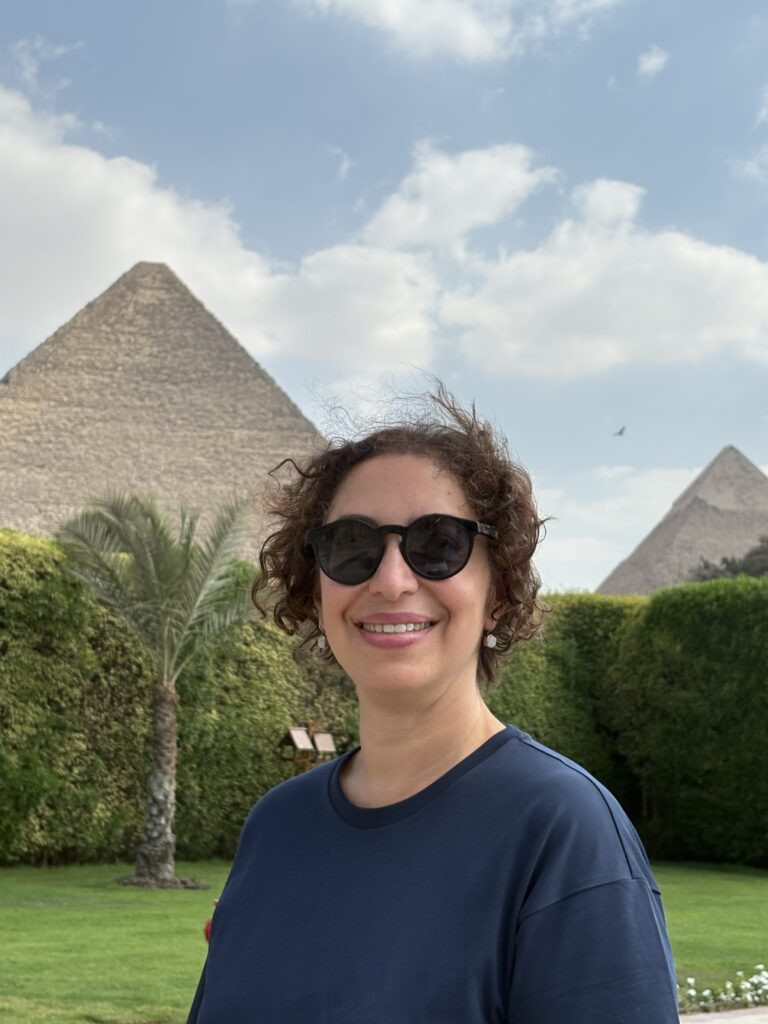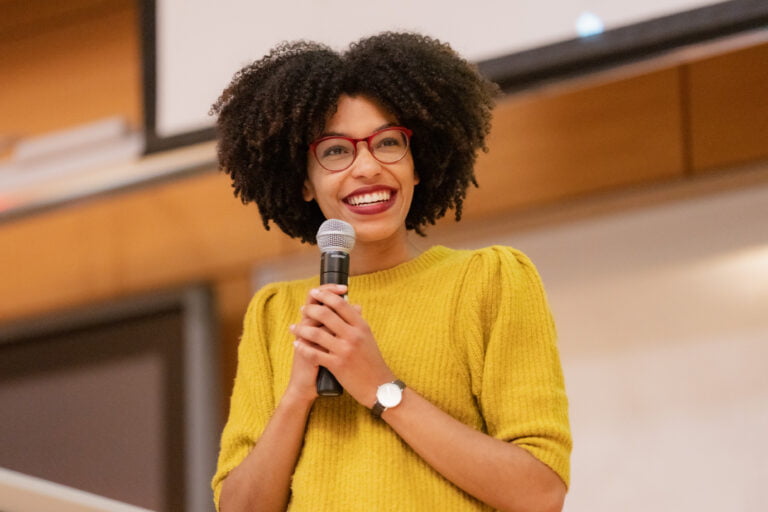As a coach, taking the individual into account begins with respecting the commonalities that run through all of us as human beings. At the same time, in our role as coaches, we might have to question the coachee’s values – as well as step away from our own beliefs, at least for a little while.
It can be quite uncomfortable to distance oneself from one’s personal values and cultural background, both for the coachee and the coach. This process is extra-challenging for the coach as it has to be conducted while staying authentic, showing benevolent care, and refraining from judgment.
Effective coaching is, therefore, a balancing act. As coaches, we must honor the commonalities we share with our coachees, but also remain clear-sighted about their (and our own) unique individuality.
At the heart of being a coach is the willingness and ability to understand others. When we understand our coachee as a whole, when we see them as a similar yet different person, we are able to tap into the power of empathy. The presence of empathy is crucial for true, non-judgmental listening and to overcome all-too-human pitfalls like unconscious biases and preconceived ideas.
When I am with a coachee, I put myself in their shoes – this enables me to show up as genuinely understanding and empathetic. At the same, I need to remain focused on my role as a coach, so I can observe what is at stake and help the coachee to identify specific pain points.
This brings us to the second part of the balancing act. Coaches must draw on their empathetic reserves and let go of judgment, while simultaneously remaining insightful and pragmatic.
During a coaching session, I might “wear” the coachee’s habits, constraints and aspirations, thus helping the person reflect on their own ideas or diverging trains of thought. Through this exercise, the coachee becomes more aware of their thinking, which enables them to sort between true and false, put aside limiting beliefs, and highlight potential tensions and even contradictions.
Over the course of several such sessions, the coachee gains self-clarity. They are able to identify the real reasons that are hampering their growth and success. Equipped with these insights, we are then able to co-create new strategies, set actionable goals, and chart realistic roadmaps for the way ahead.



